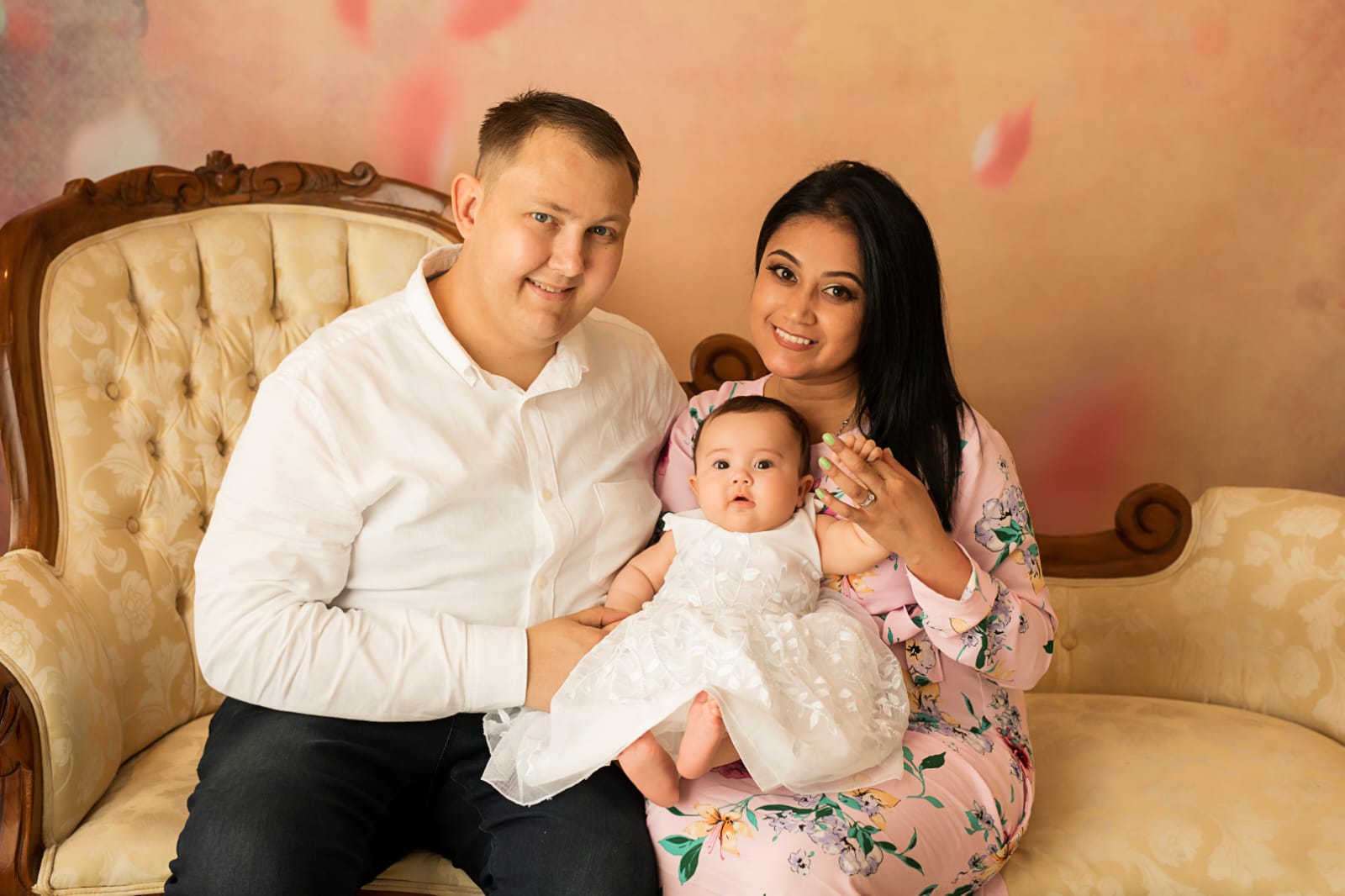
News
Groote Schuur Hospital provides life-saving organ transplant service
Groote Schuur Hospital (GSH) prides itself in improving the quality of the lives of its patients. Over the years, hundreds of patients have benefited from the transplant service provided by the hospital; and some have even been able to have children.
One of the patients is Tamzin Lee Weideman (33), who is married to Jakobus and both have had kidney transplants. “In high school, I had days where I felt bad and had zero energy, I saw many doctors at the day hospital and private physicians. None of them could place what was the matter with me. Late in November 2014 I was sick with flu-like symptoms and then one night after about a week of this I was so sick that my family rushed me to the Groote Schuur Hospital emergency room. After the many tests the doctors determined I had Acute Renal Failure and my creatinine level was higher than 2 000 and this was very dangerous. I received emergency dialysis and that’s only when I really started to know what was going on around me. After my diagnosis, I dialysed for a year and then my cousin donated me one of her kidneys and it changed my life. My transplant was on 6 January 2016.
“My kidney transplant was done at Red Cross Children’s [War Memorial] Hospital when I was 16. I have been doing exceptionally well up until about 4 years ago when I was diagnosed with Antibody Medial Rejection but even considering the diagnosis I am doing very well,” added Tamzin Lee.
The couple wanted a baby, and the question was, ‘can transplant patients have a baby?’ Dr Zunaid Barday, a nephrologist at the hospital explains: “Transplant patients are able to have children. The pregnancy for both the mother and fetus are slightly a higher risk, but most pregnancies are successful. The children born from these pregnancies are normal, provided that the medication had been adjusted beforehand, but even if not, there are rarely any long-term problems.”
“Thirty years ago, the patients were actively discouraged from falling pregnant whereas now, with new medications, more knowledge about outcomes and improved health care available for higher risk pregnancies, this has changed. Ten babies have been born to Groote Schuur Hospital renal transplant patients in the last five years,” added organ transplant coordinator, Fiona McCurdie.
One of the ten babies to be born was Bailey Weideman (now 15 months) and the parents were over the moon. “We found out that I was pregnant when I was 12 weeks already and the entire journey seemed to go very fast. Seeing as I was classified as a high-risk pregnancy due to being post-transplant, I came to the hospital for check-ups every two weeks. A happy side-effect of the pregnancy was that my creatinine went even lower. Bailey was a healthy baby throughout the pregnancy and so was I, except for my high blood pressure, but as a transplant recipient, that was always being monitored. I gave birth at eight months due to Bailey starting to kick my gall bladder and liver. I think a combination of her size and me being petite she went into distress and I went in for an emergency C-section. She was born with a weight of 2.345kg and in magnificent health,” added a happy Tamzin Lee.
The couple has the following advice for transplant patients wanting to have a baby. “Plan your pregnancy by speaking to your nephrologist to make sure that not only are you in a state of health to carry a baby but also that you are on the correct medication that will not affect or harm your baby. If you are a post-transplant patient, you must consider your health and the health of your kidney as if one of these two are not in good health it will affect the baby and that is another life you are bringing into this world, take every precaution that you do not put another human’s life through the same trauma that you have been through.”
While the Weideman’s have been able to have a transplant the COVID-19 pandemic has had a negative effect on transplants at the hospital. “During the three waves, we have been unable to do transplants due to practical reasons such as transplant staff, theatre staff and coordinators being redeployed to other areas. Transplant beds are being used by other units with the emergency units and ICUs not having beds available for donors to be managed. There has also been the concern that doing a transplant during the pandemic will expose the transplant patient to extra risk as the patient will be highly immunosuppressed immediately after the transplant. So, the balance between transplanting a patient in need of a healthy organ and exposing them to added risk needed to be found. Between the waves, transplants were carried out, but the numbers are far below what it normally is. For example, in 2020 GSH/ Red Cross Children’s Hospital performed 16 kidney transplants compared to 56 in 2019 and 59 in 2018,” explained McCurdie.
Alaric Jacobs
Communications Officer
Groote Schuur Hospital
Cell - 083 412 5608


